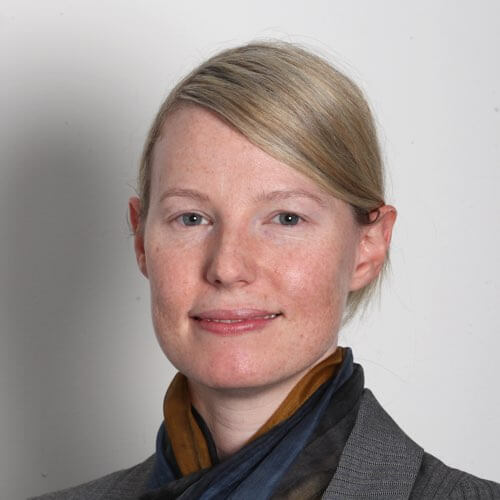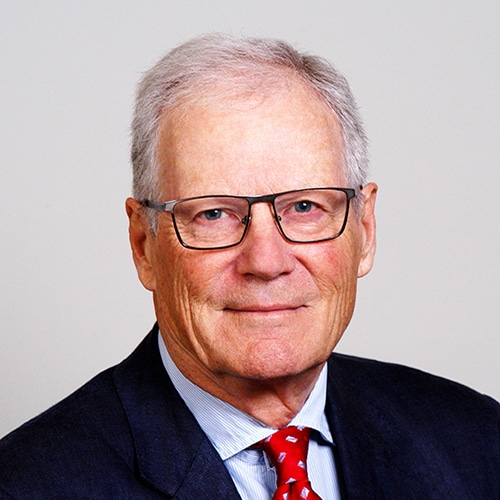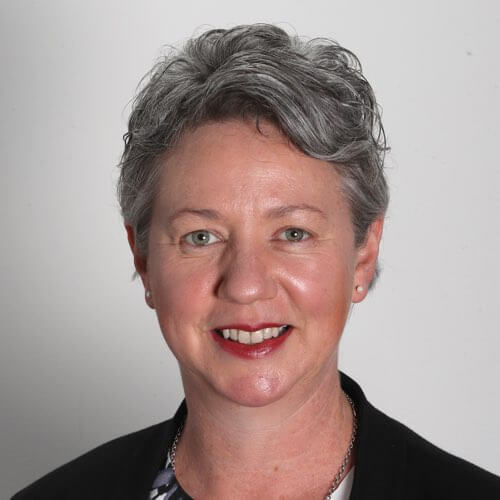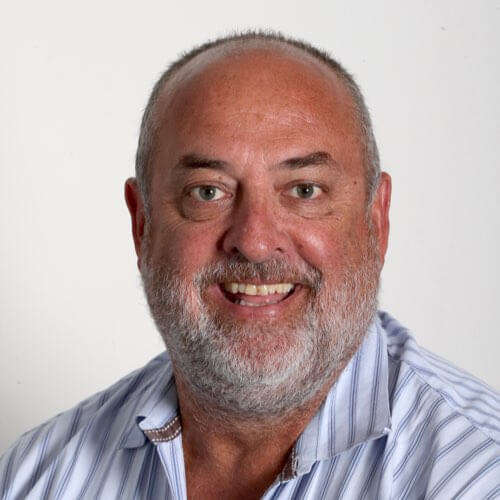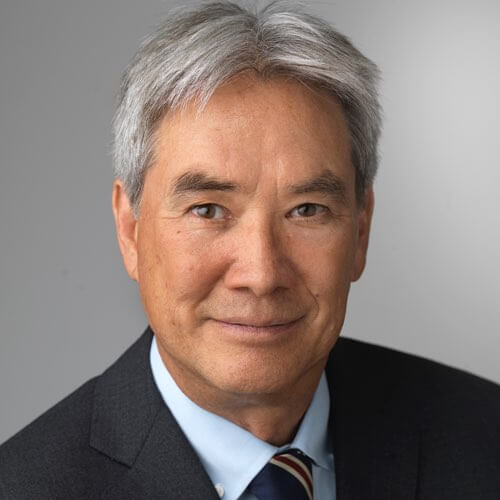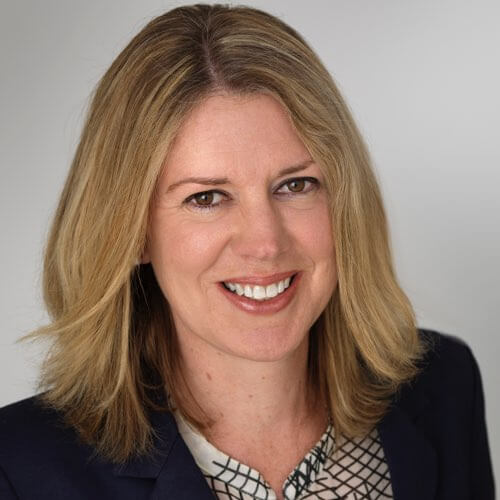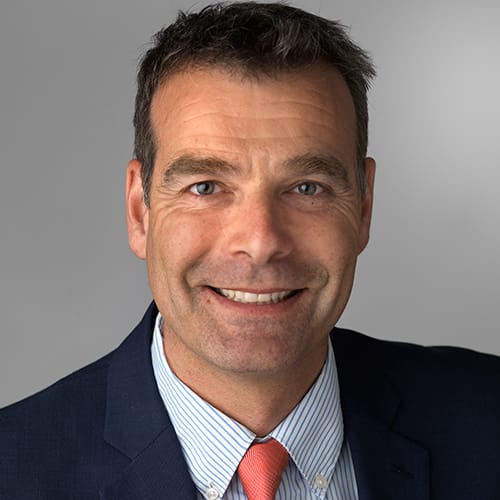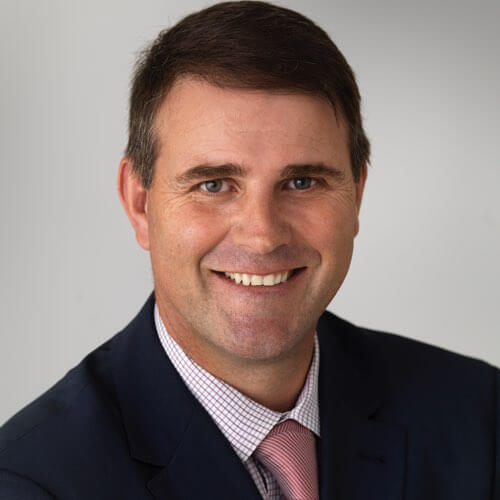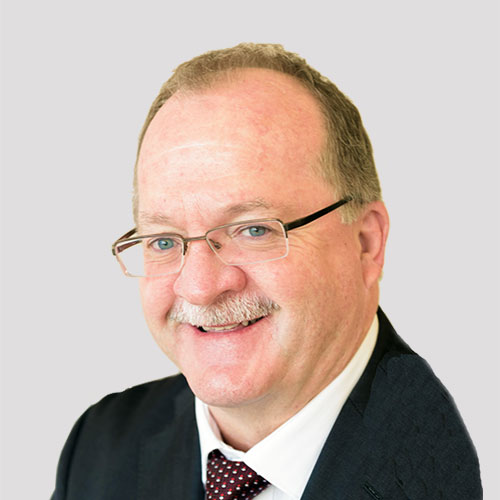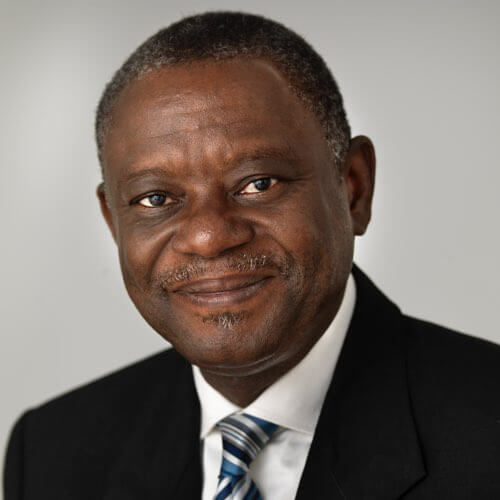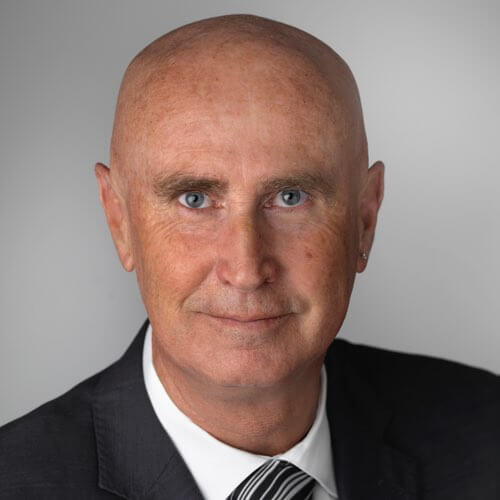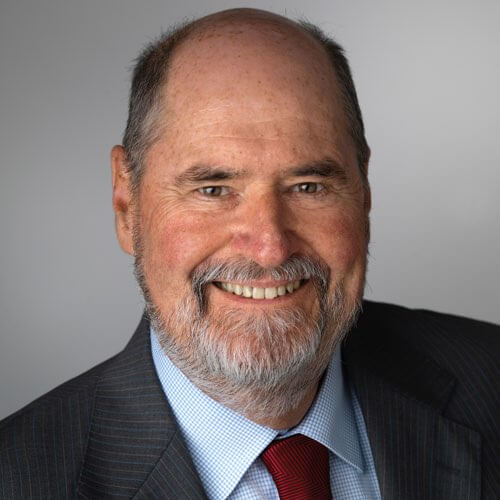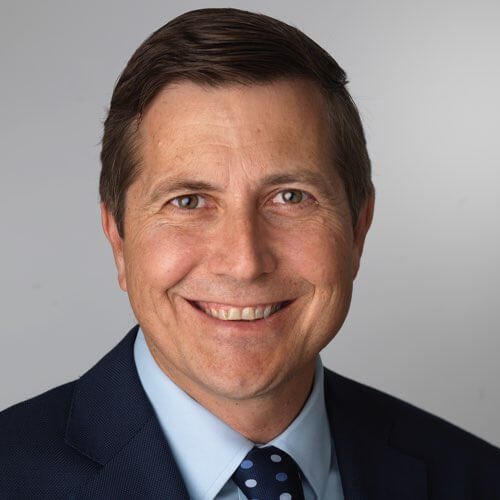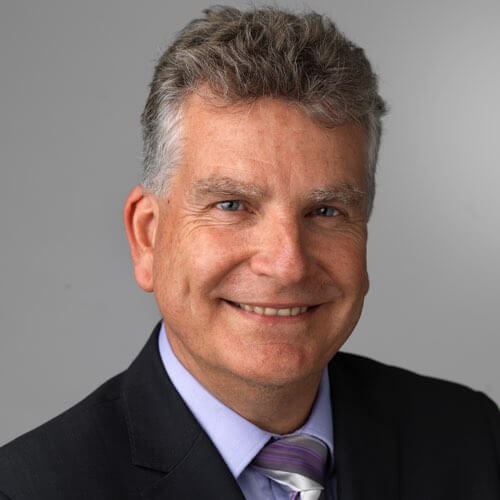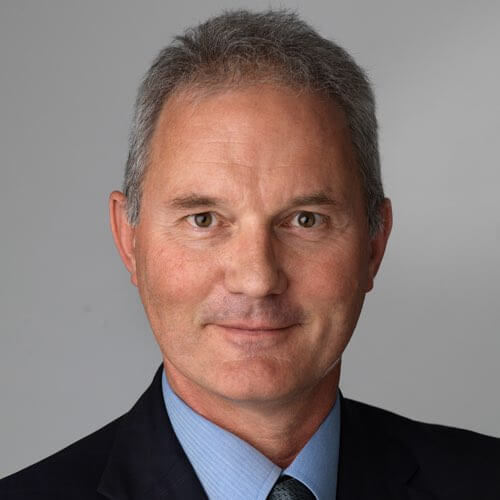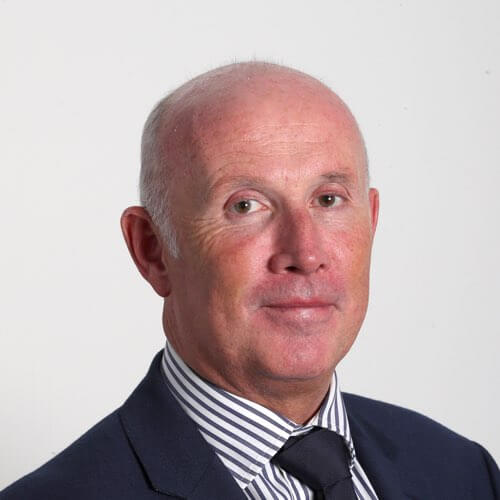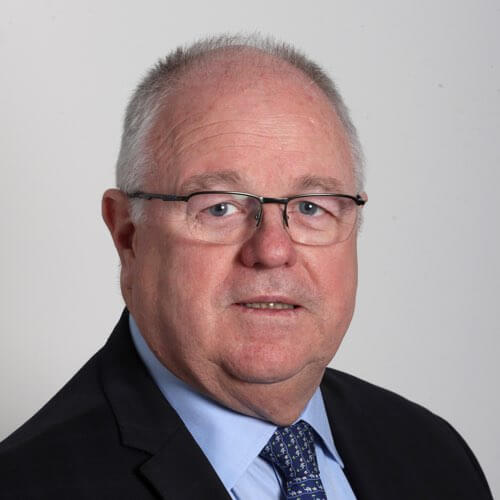
209,929 oz/gold
FY23 Total Production

5+ years
Life of Mine

2.1 million oz/gold
M&I RESOURCES

1.13 million oz/gold
P&P Reserves
Edikan Mine
Edikan Gold Mine is a large-scale, low-grade multi open-pit operation located on the Asankrangwa Gold Belt, Ghana.
Perseus commenced commercial production at Edikan in 2012, and the mine has since produced more than 2 million ounces of gold.
At 30 June 2023, remaining Reserves at Edikan totalled 1.13 million ounces of gold at an average grade of 1.08g/t gold.
Edikan was Perseus’ first mining operation, commencing commercial production in January 2012. The mine is in the Central Region of Ghana, within the Ashanti Gold Belt. Gold ore is sourced from several open pits and processed through a centralised processing facility with capacity to process up to 8 million tonnes of ore per annum.
In 2019, Perseus signed an agreement with local Ghanaian company, Adio-Mabas Ghana Ltd, to acquire the 23.85sq km Agyakusu Prospecting License, that adjoins Perseus’s Edikan mining leases, and is located between 2km and 8km from the Edikan processing facility. Exploration success at Agyakusu could potentially extend Edikan’s mine life.
Perseus completed a Feasibility Study on development of the Nkosuo prospect on the Agyakusu licence, approximately 7km from the Edikan mill. The study resulted in the estimation of a Mineral Resource and an Ore Reserve of 332,000 ounces (contained) producing 272,000 ounces (recovered). AISCs are expected to be in the range of US$870-US$890 per ounce for Nkosuo. Planned trucking of ore and processing of the Nkosuo Ore Reserves in the Edikan mill is expected to increase the life of the Edikan operation to FY2027.
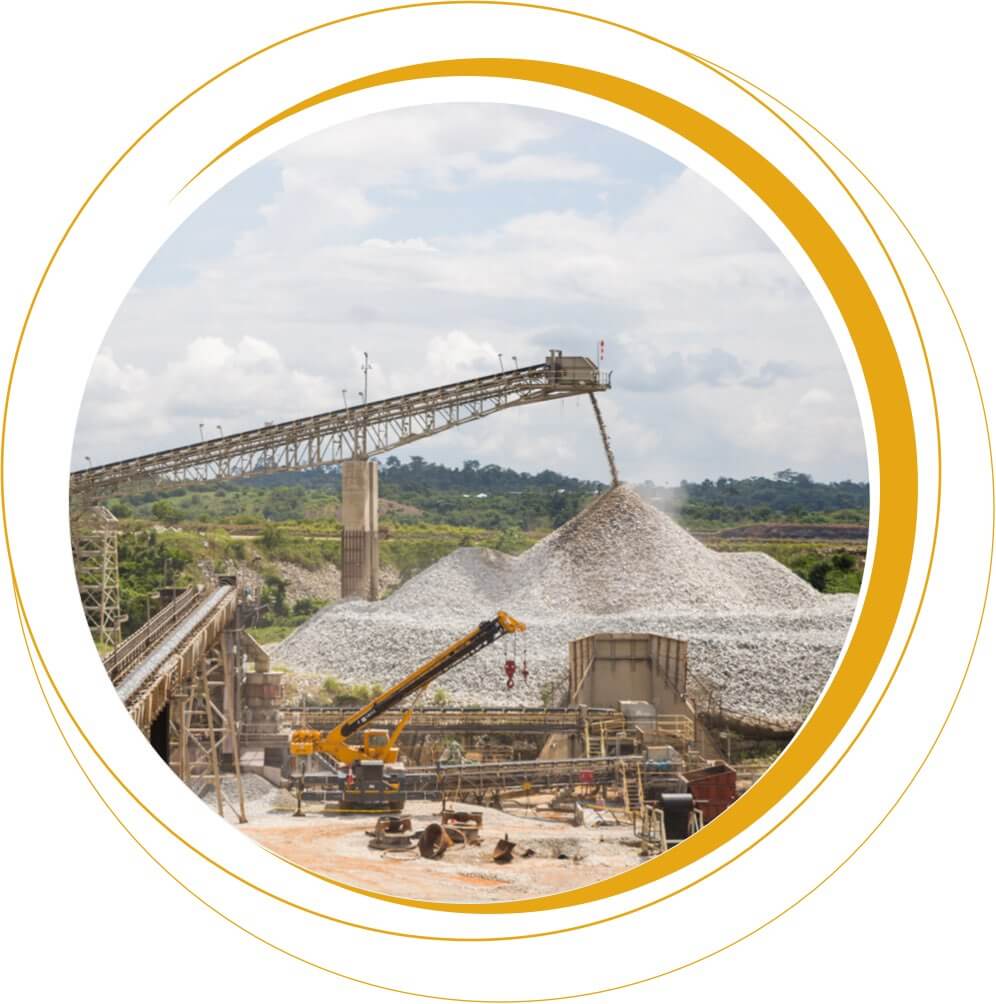

Geology
The area of the Edikan Gold Mine is underlain principally by Paleoproterozoic Birimian flysch-type metasediments consisting of dacitic volcan-iclastics, greywackes plus argillaceous (phyllitic) sediments, intensely folded, faulted and metamorphosed to upper greenschist facies. Numerous small “Basin-type” or “Cape Coast-type” granite bodies have intruded the sediments along several regional structures.
Gold mineralisation at Edikan occurs principally in the granite bodies, but also in classic “Ashanti-style” sediment hosted shear zones. The granite hosted gold mineralisation is free milling and occurs in two to three generations of abundant, narrow quartz veining associated with up to 3% pyrite, lesser arsenopyrite and traces of sphalerite, chalcopyrite, galena and rutile.
Gold occurs as very fine grains, often along sulphide grain boundaries and in fractures in sulphides, usually at or near vein margins. Coarse visible gold is occasionally observed within the quartz.
Edikan Production Process
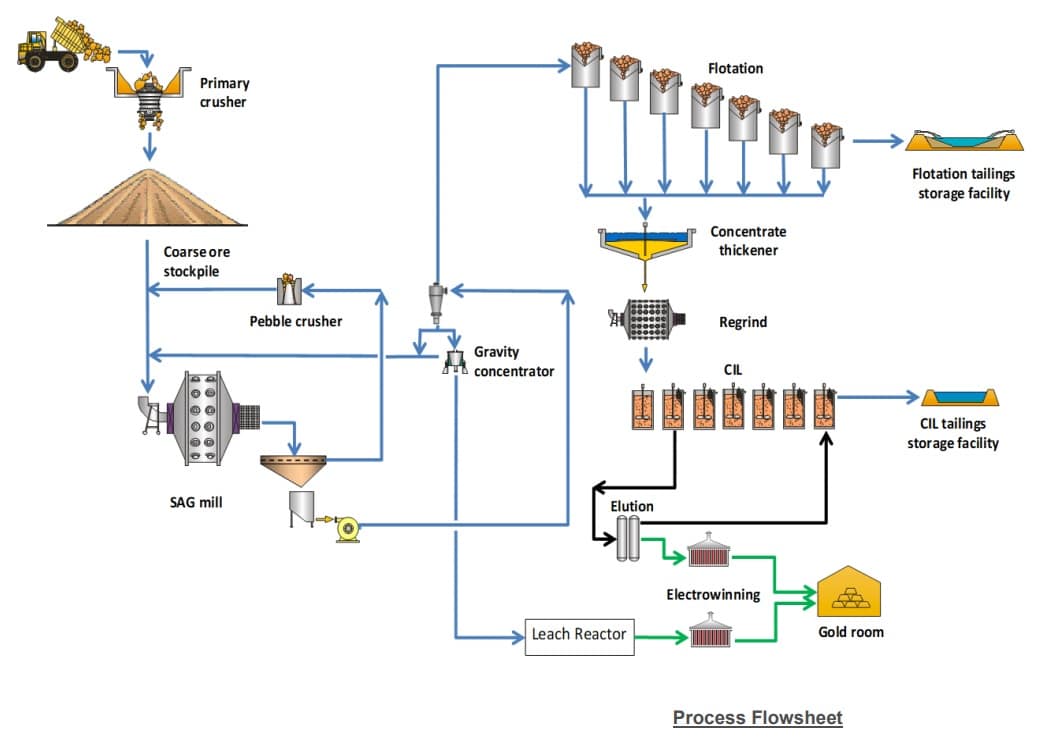
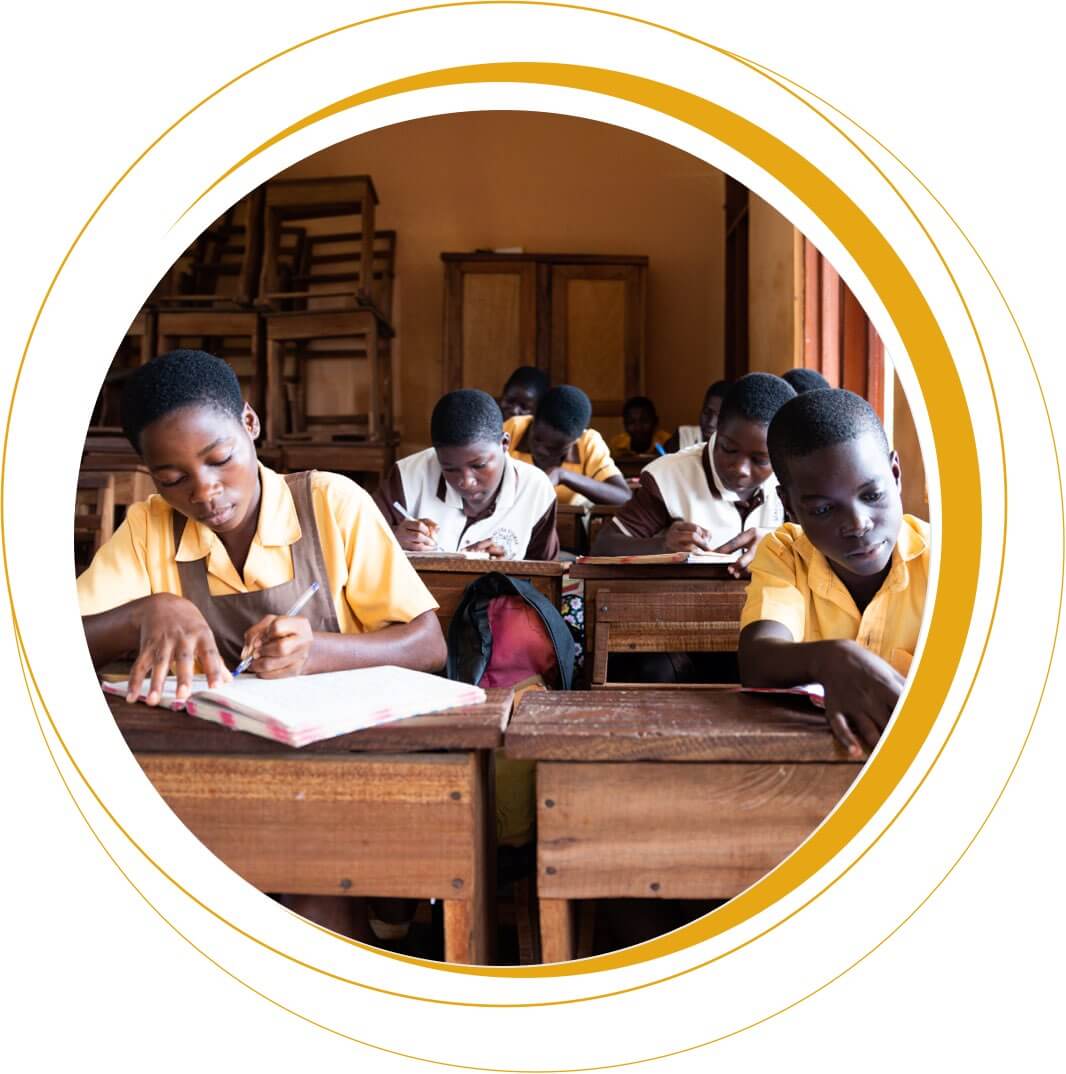
Workforce and Community
At Edikan, we have a workforce of more than 1,100 employees and contractors. Our workforce is all Ghanaian nationals. Mining has been undertaken on an industrial scale for many years in Ghana, resulting in a knowledgeable and highly skilled Ghanaian population.
Perseus established the Edikan Trust Fund in 2012 and contributes US$300,000 annually for community development. The Fund is administered by a committee made up of community members, traditional authorities, and Perseus representatives. The Edikan Fund provides funds for critical community initiatives including infrastructure projects and implementing health, education, and livelihood development programs. Perseus also independently funds a range of education, health, and social wellbeing program within the five villages located adjacent to the mine.
Perseus Mining Edikan Site Visit



